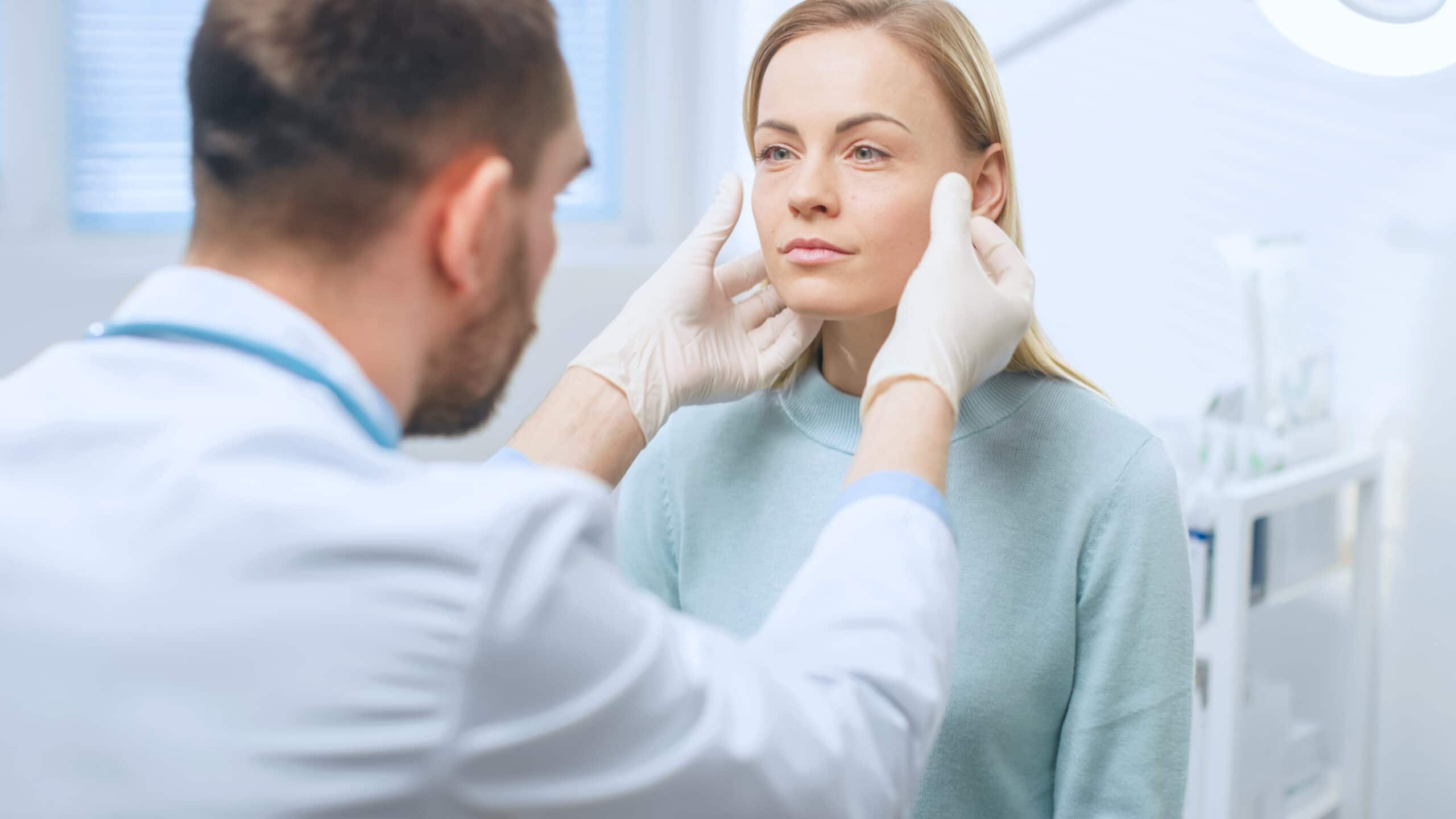Skin Checks: What to expect during your skin check

A comprehensive full body skin check can take approximately 20 to 30 minutes. This includes some time for the doctor to ask you questions about your skin type, current general health, past medical history and family medical history. Be sure to tell the doctor about any spots or moles you have which you are concerned about or are sore, changing, abnormal or new. The actual check of your skin can take anywhere between 10 to 20 minutes depending on your skin type and the number of moles and spots to be looked at.
You will be asked to get undressed down to your underwear in order for the doctor to thoroughly check your skin. You may request a female or male doctor; if you have a preference, simply let us know upon booking and we will be sure to accommodate you. Your doctor will use a dermatoscope to have a close up and magnified look at any spots of concern. A dermatoscope is a bit like a torch with a magnifying glass attached to the end and using a dermatoscope is painless. In some cases, the doctor may take a photograph of a spot or mole so it can be monitored over time for any changes in appearance.
Your doctor will let you know straight away if you have any moles or spots which require testing. In order to test the mole or spot, the doctor will either take a small biopsy (sample) of it, or completely excise (cut out) the spot of concern – under local anaesthetic of course. In most cases, a follow up appointment will be made to remove the abnormal mole or spot. This type of minor surgery can be carried out at your doctor’s surgery or office. There is usually no need for this to be done in a hospital.
After it is removed, the mole or spot is sent to a pathology laboratory for testing. Receiving the test results can take from one to several days, depending on the pathology provider.
In most cases, when found early, skin cancer can be easily and successfully treated with minor surgery. Most skin cancers are cured once they are removed. Other non surgical treatments, such as creams, radiotherapy, or light therapy, may be used but this will depend on the type of skin cancer found.
In most cases, when found early, skin cancer can be easily and successfully treated with surgery. Most skin cancers are cured once they are removed. Other non surgical treatments such as creams, radiotherapy, or light therapy may be used but this will depend on the type of skin cancer found.